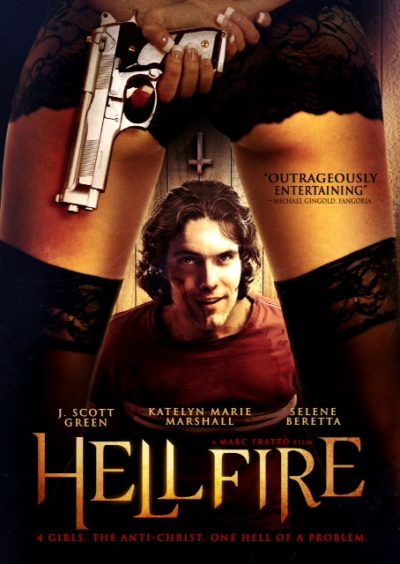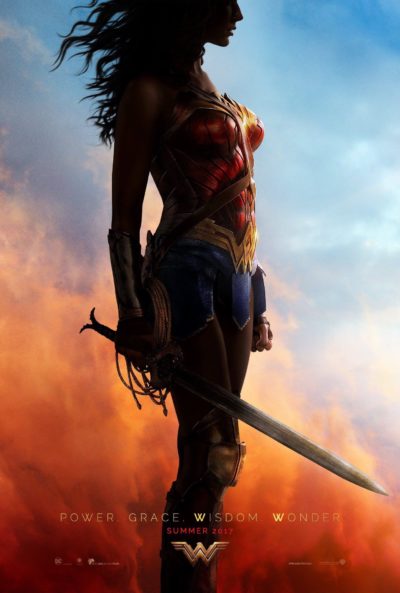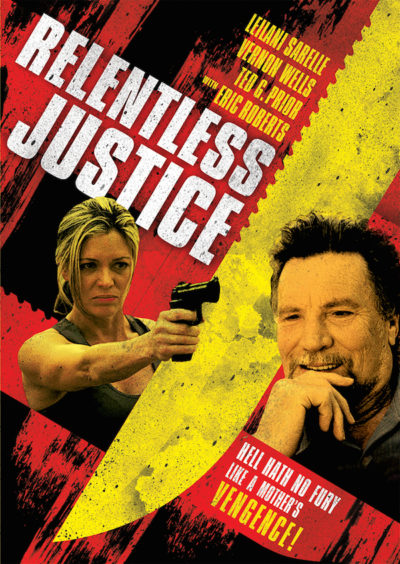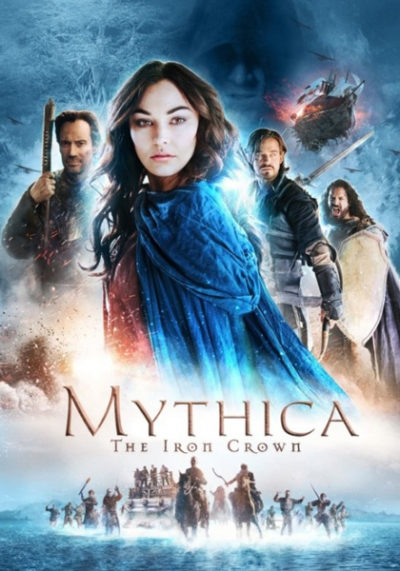★★★★
“War is hell.”
 The above is an equal-opportunity truism and, as we see here, applies just as much to the first matriarchal unit in the modern world. This was the charmingly-named 1st Women’s Battalion of Death, created late in World War I, as the Russian Revolution was taking place. Its aim was to encourage the disillusioned regular army into continuing the fight against Germany, in a “If the ladies are fighting, surely you should be, too?” kinda way. At least initially, it’s the story of two sisters, Nadya (Kuchkova) and Vera, daughters of a rich family, who volunteer for the unit after Vera’s fiance, Petya, is killed at the front. Their mother sends their maid, Froska (Rahmanova), to try and protect her daughters, as they go through the training that will turn them into soldiers capable of taking on the enemy. The film climaxes with an initially successful, but ultimately futile, offensive – while the women initially gain ground, the regular army’s morale is so broken, they don’t support the push, allowing the Germans to counterattack [this aspect is largely true to history].
The above is an equal-opportunity truism and, as we see here, applies just as much to the first matriarchal unit in the modern world. This was the charmingly-named 1st Women’s Battalion of Death, created late in World War I, as the Russian Revolution was taking place. Its aim was to encourage the disillusioned regular army into continuing the fight against Germany, in a “If the ladies are fighting, surely you should be, too?” kinda way. At least initially, it’s the story of two sisters, Nadya (Kuchkova) and Vera, daughters of a rich family, who volunteer for the unit after Vera’s fiance, Petya, is killed at the front. Their mother sends their maid, Froska (Rahmanova), to try and protect her daughters, as they go through the training that will turn them into soldiers capable of taking on the enemy. The film climaxes with an initially successful, but ultimately futile, offensive – while the women initially gain ground, the regular army’s morale is so broken, they don’t support the push, allowing the Germans to counterattack [this aspect is largely true to history].
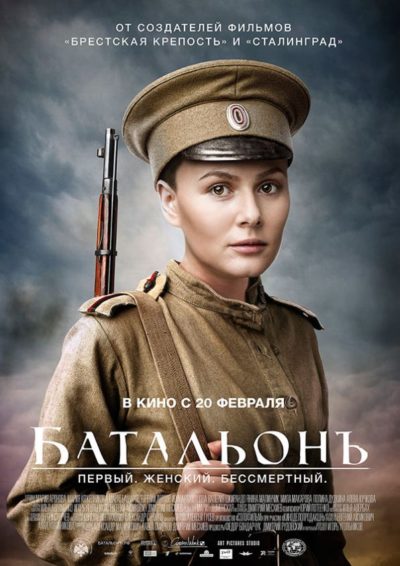 |
 |
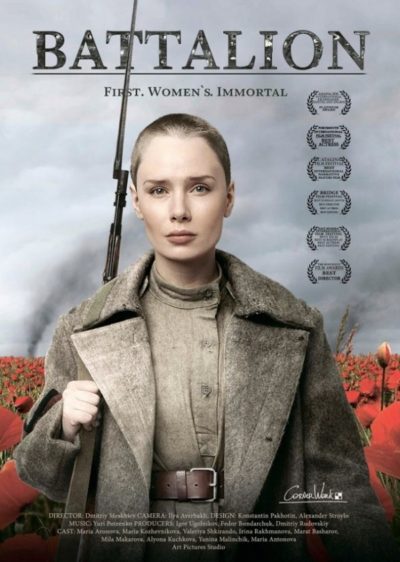 |
However, as the film unfolds, it gradually becomes more about the founder of the battalion, Mariya Bochkareva (Aronova) and her story. That’s perhaps wise – to be honest, it’s kinda hard to tell the rank and file soldiers apart, once they’ve had their heads shaved and are wearing the same uniform! This posed particular problems once battle was joined; on at least one occasion, I was convinced a character had been killed, only for her to pop up again, entirely alive, it having been someone else who bit the bullet. Fortunately, it seems Meshiev is more interested in Bochkareva, and it’s a wise decision thanks to a thoroughly convincing performance by Aronova. If she’s hardly the “girls with guns” archetype in looks, her commanding officer is smart, capable, patriotic and ferociously brave, leading from the front; you can see why she inspires the devotion necessary for the troops to follow her into the hell of trench warfare.
And that hell is appropriately portrayed in all its grim unpleasantness from poison gas [a sequence reminiscent of the end of Fraulein Doktor] through to brutal hand-to-hand combat, where we see the soft heart of a raw rookie is no match for a grizzled veteran’s sheer ruthlessness. It’s an approach which does allow the viewer to read this in several ways: it is commending the courage of those who fight, or condemning its pointlessness? The director made his opinion on this fairly clear. In a press conference promoting the film, when asked whether the events portrayed should be taken “as a feat or as a futility”, he replied, “Why would we give birth to a child if everyone will die anyway?” Oh, those wacky Russians… It may be militaristic propaganda; I’d not argue with that as an assessment. However, I don’t care, when it is as effective and well-made as this, with the cinematography and soundtrack standing out, in addition to the fine central performance.
Dir: Dmitriy Meshiev
Star: Maria Aronova, Mariya Kozhevnikova, Irina Rakhmanova, Alyona Kuchkova





